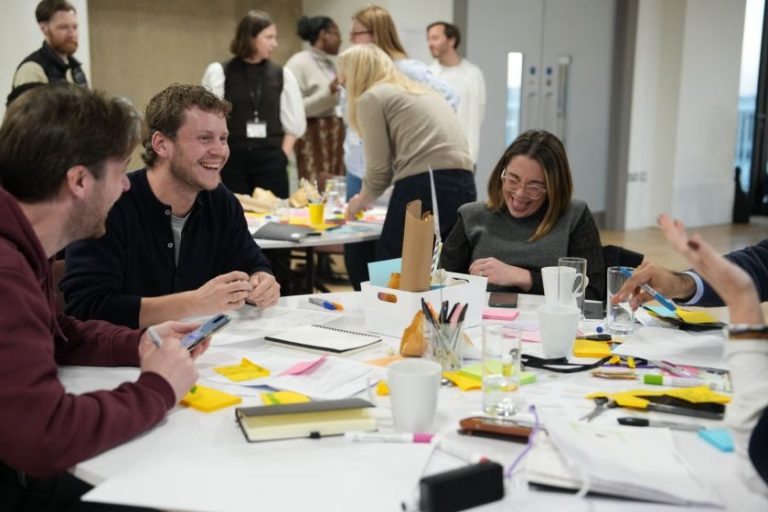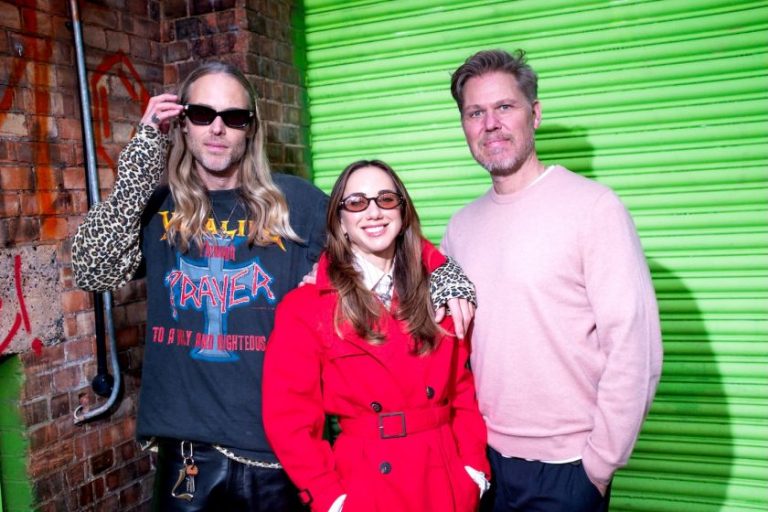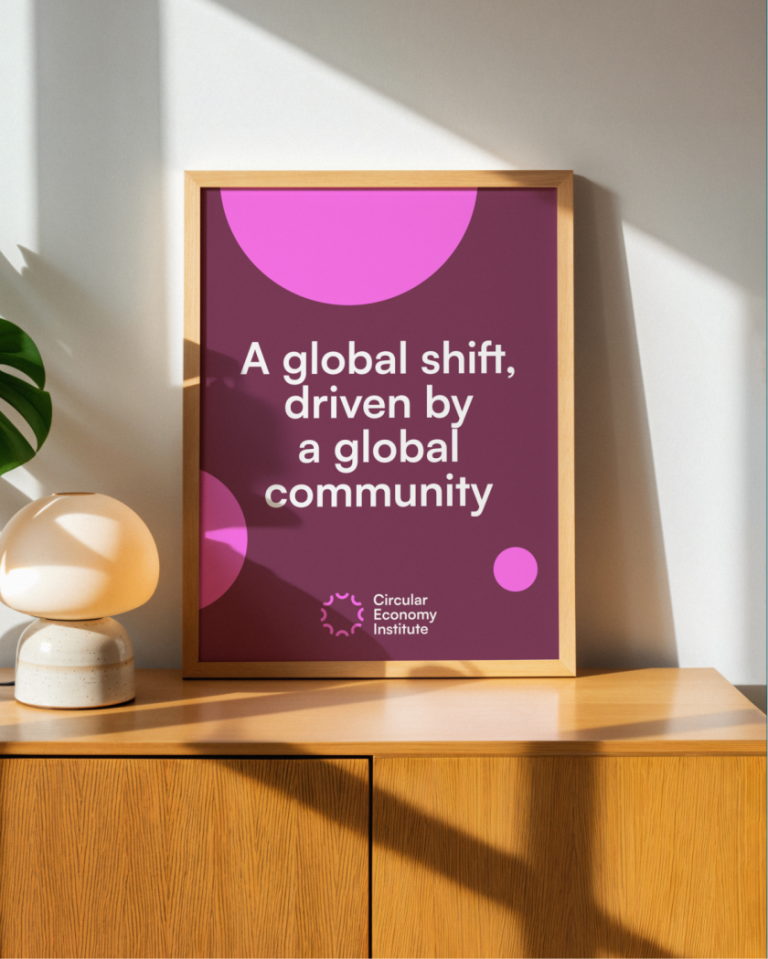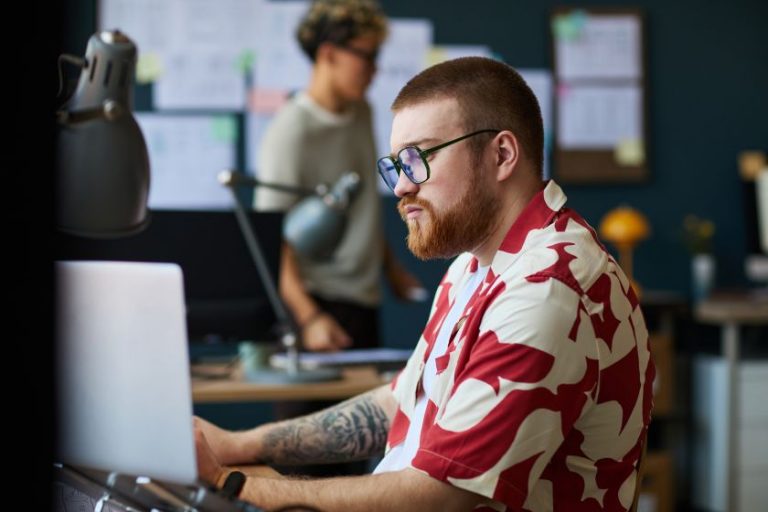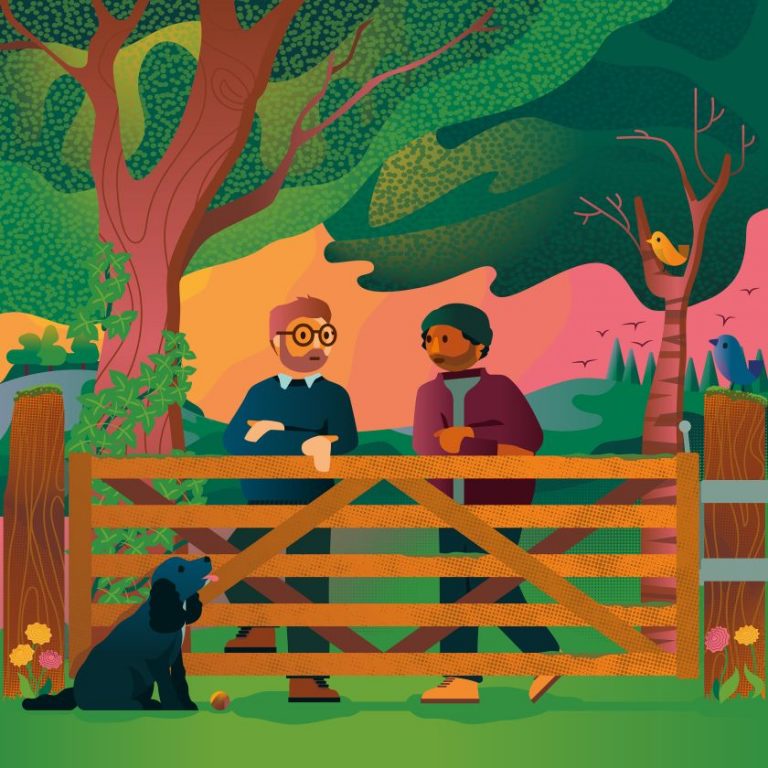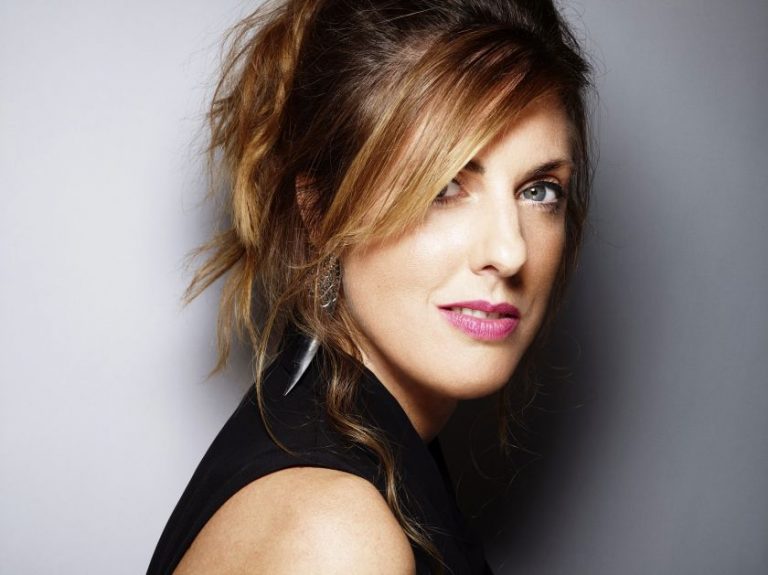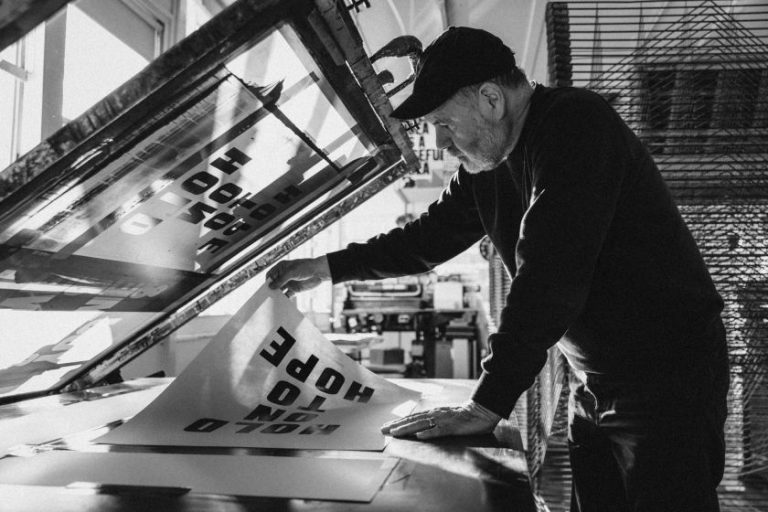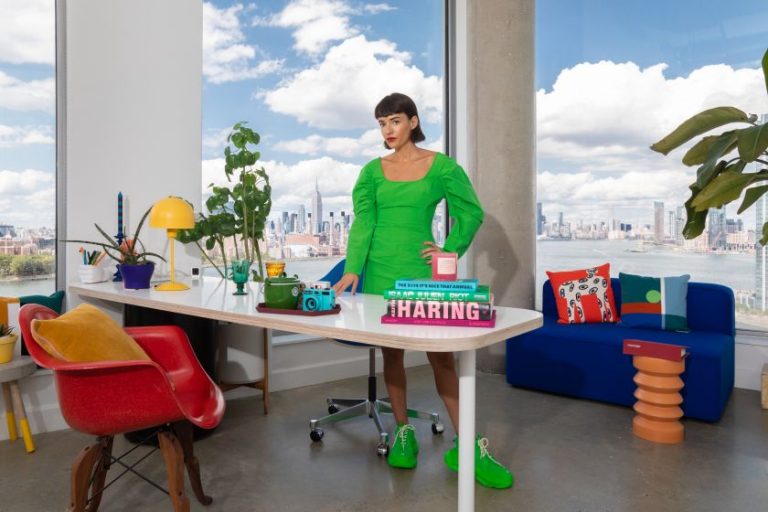In this edition, part of our Visibility & Representation theme, we speak with Adrienn Major, founder of production agency POD LDN, about self-promotion, mentorship, and the importance of creating space for small studios in industry conversations.
Since founding POD LDN, Adrienn Major has quietly established a reputation for herself in the world of creative production, crafting standout campaigns while championing a more inclusive and collaborative approach to working. But the journey hasn’t always been smooth.
From navigating cultural barriers as a Hungarian student in the UK to pushing back against workplace toxicity, Adrienn has learned when to speak up, when to move on, and how to build community on her own terms. In this Q&A, she shares her evolving relationship with visibility, the power of peer networks, and why access – not just ambition – matters when it comes to representation.
Have you ever felt unseen or underestimated in your career, and how did you overcome it?
I’ve been fortunate in my career overall, and if I felt underestimated, it was more so during my university years. I had come to the UK from Hungary, so I was in a foreign country, and the tutors didn’t always appreciate how hard that was. However, I just put my head down and worked really hard to overcome it. There was one other time at an agency where my boss would nitpick unnecessarily over small things to make me look stupid. I spoke to HR, but they didn’t take any action, so although I loved the job, I ultimately decided to move on. Sometimes you just have to remove yourself from a toxic situation.
How do you approach self-promotion and making your work visible?
It’s not something that comes naturally to me, so I have to work at it consciously, and I’m still on a journey. I work with a great PR team at Persuasion, who help me to craft pieces to stand out in the industry press and on LinkedIn. I also listen to numerous podcasts and read books about building your personal brand; two of my favourites are Daniel Priestley, the author of Key Person of Influence, and, of course, Steve Bartlett, of Diary of a CEO fame. Both offer valuable advice and tools for entrepreneurship.
What role has mentorship or community played in your career growth?
I’ve been lucky enough to work with a great mentor, Stuart Avery from Greatstate, whom I connected with through the BIMA Mentoring Programme. It has been really good to connect with someone who has been on a similar journey, from whom I can ask for specific advice. He’s really helped me think about how I manage and create the best possible working environment. To be honest, I’ve found female mentorship hard – I’ve reached out to some people and haven’t heard back – but I’ve set up my own regular brunches for some ‘Kickass Ladies’ whom I’ve come across in the production industry. We chat informally about industry issues, and it’s a pleasant and relaxed way to network.
What’s one change you’d like to see in terms of representation in the creative industry?
As mentioned above, female networking can be challenging, particularly if you’re a small business owner without a budget for events. I love attending industry events, so I’d like to see more of these open to smaller companies – perhaps offering free tickets or special rates. Startups are the lifeblood of our industry, so more industry help for entrepreneurs, please!

